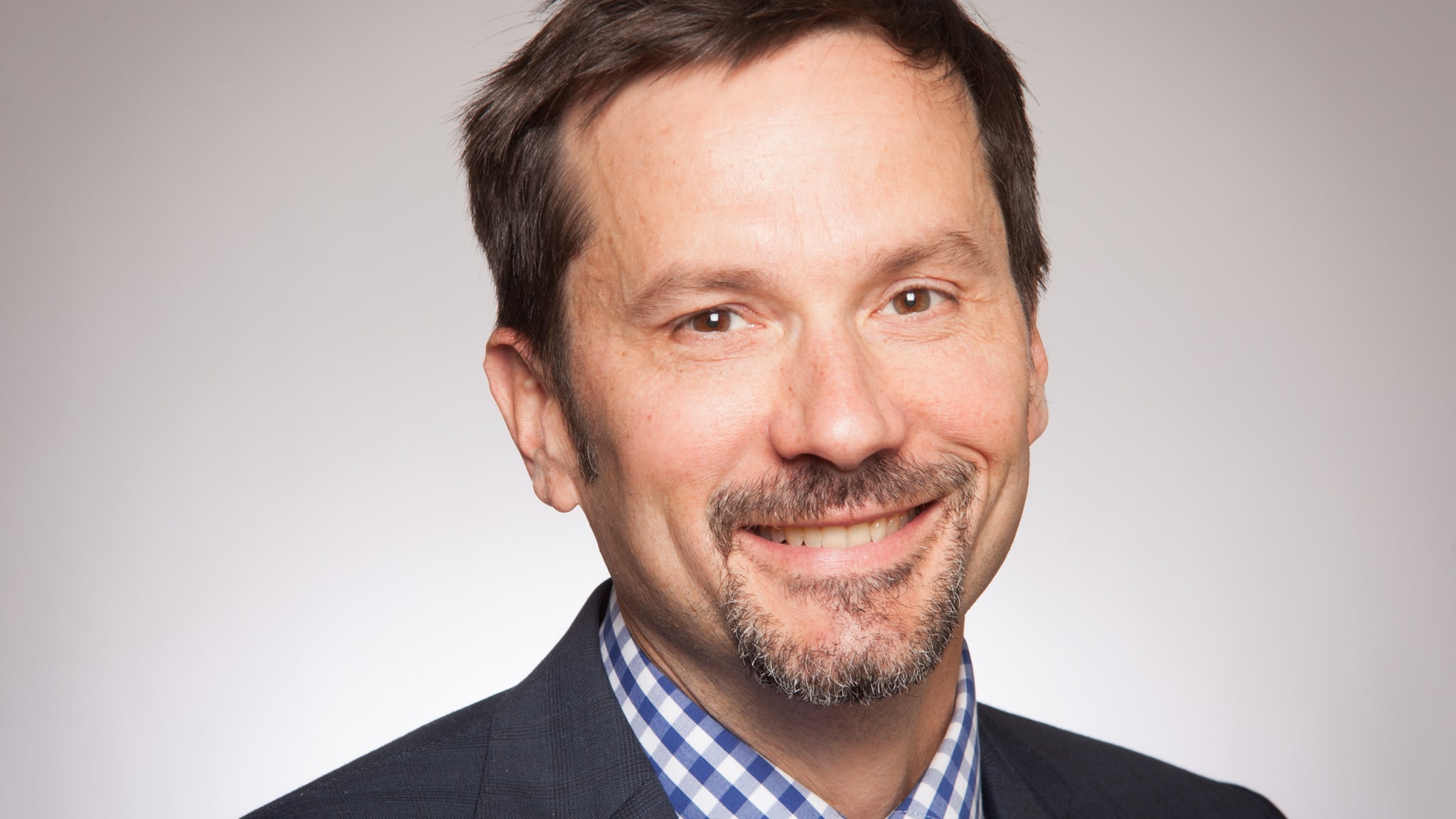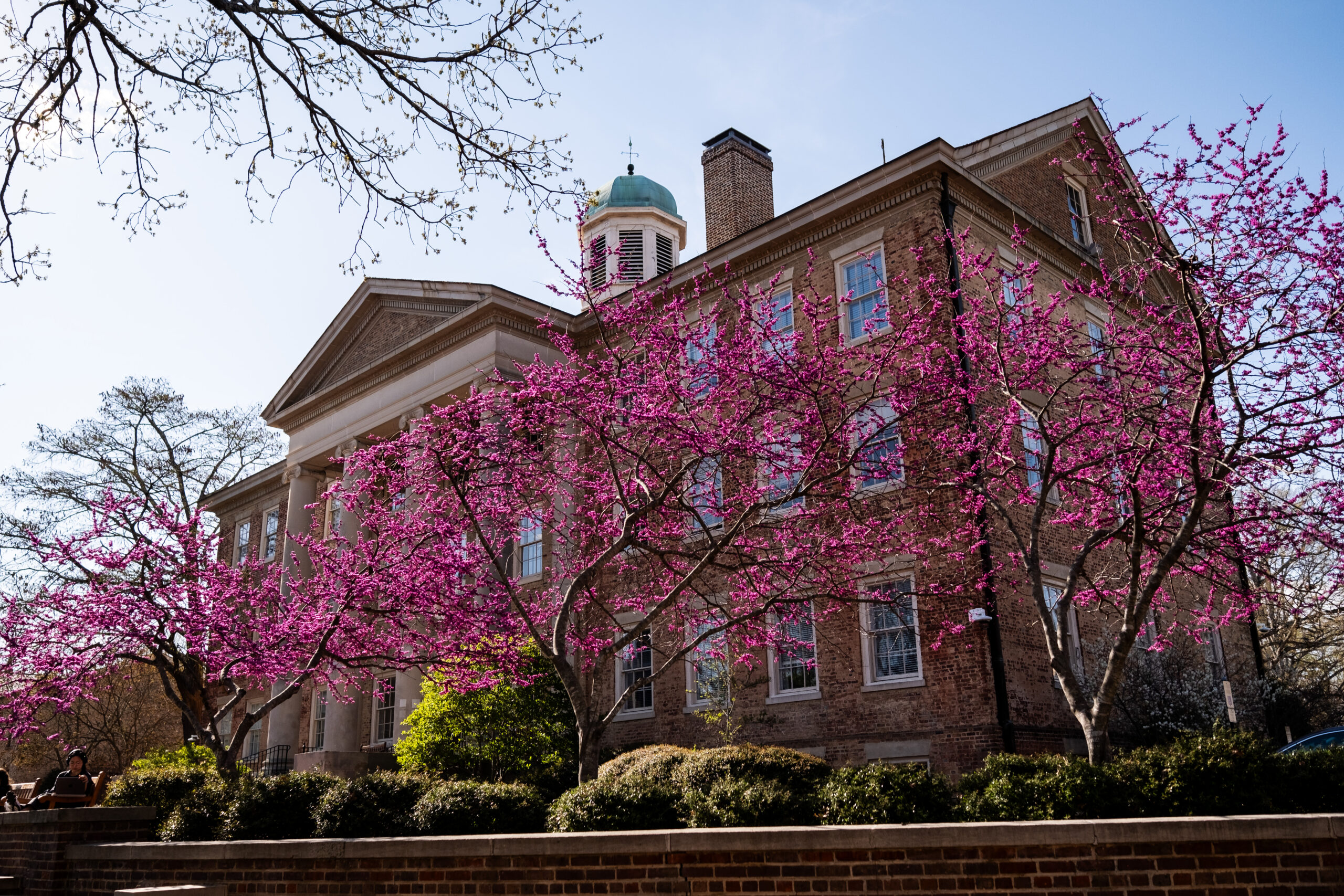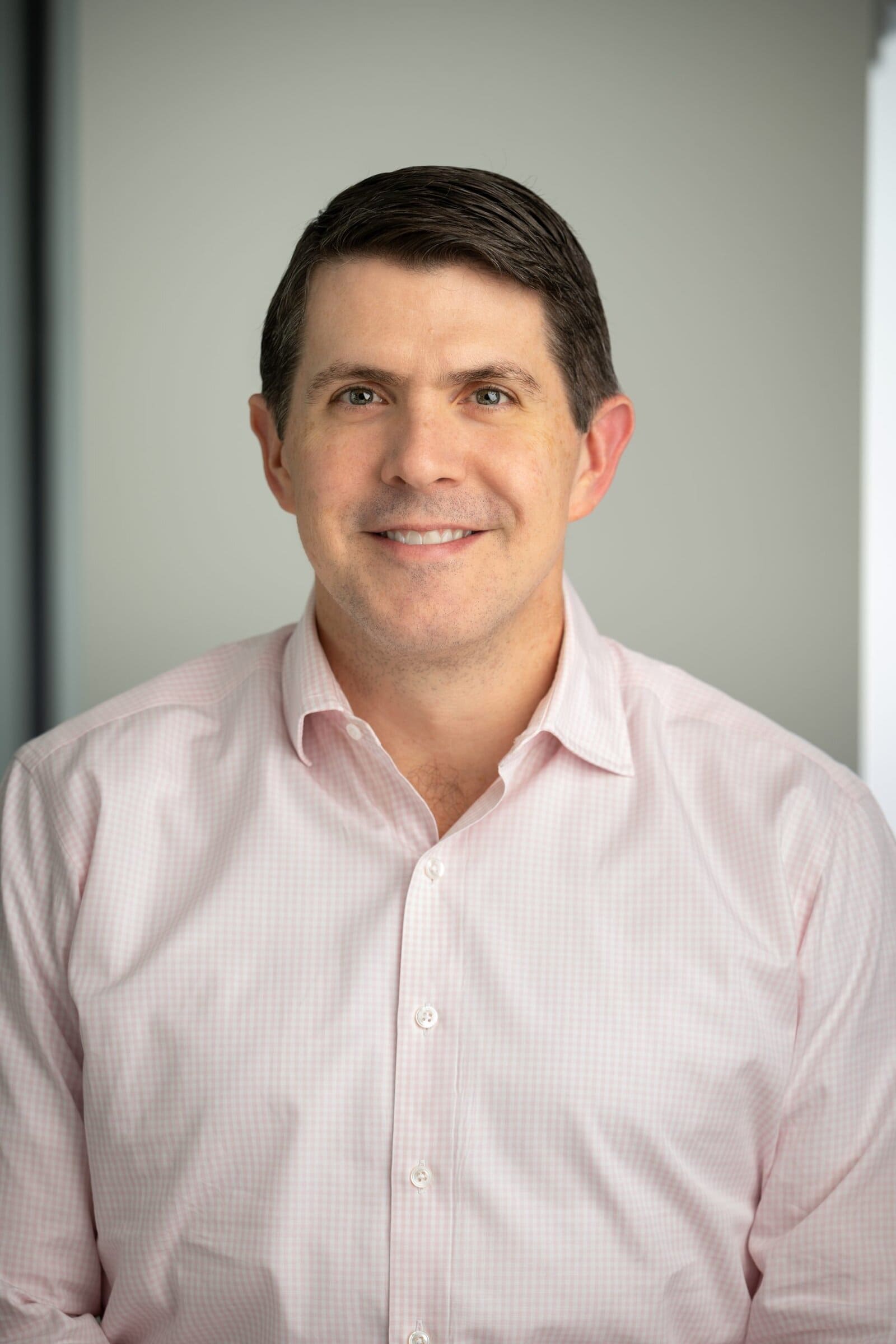
David Ball ’92
David Ball says his life’s work is his reason for being. And it has taught him important lessons along the way.
“Don’t be afraid to fail, and be honest about why you are doing something to start with,” he says.
David is a professor at Santa Clara Law School and researcher on prison policy. He traces his interest in the criminal justice system back to one question: why do people break the law in the first place?
It is a question he started exploring while still a student and Morehead-Cain Scholar at Carolina. One of his Summer Enrichment experiences sent him to intern with the the San Mateo County Council’s office. There he encountered suffering in state mental institutions, saw the impact of drug policy, and gained new perspective on the role government plays in the prison system.
“Seeing people in mental institutions who were otherwise not in anyone’s line of sight was instrumental for me,” David says. “I learned that these are people with stories, and that these are people who are suffering.”
His summer experience in San Mateo, and the guidance he received from his internship sponsor and mentor Steve Toben ’78, marked a turning point. David says it led him to a cause he believes is worth dedicating his career to. It also sparked a realization he only has one opportunity to live a good life.
Outside of the classroom, David spends much of his time examining the relationships between mental illness, substance abuse, and incarceration rates. He specifically researches negative childhood experiences and how they can result in substance addiction and incarceration.
It is work that makes David ask what he calls “big, dumb questions that are not big or dumb at all.”
“Why are we doing this, and why is this the way things are?” he says. “We need to learn from each other.”
David has had many opportunities to ask probing questions and learn from colleagues since leaving Carolina. He received the Rhodes Scholarship, wrote a novel, and was an actor and filmmaker. He views each of these projects as an important step on the way to his current work.
“Between Oxford and law school, I wasn’t a success,” he says. “I fell on my face constantly. The success is that I tried what I wanted to try. I don’t consider it wasted time.”
He admits those experiences were not always enjoyable in the moment. But they led the way to his future and helped him make important connections. David says they gave him an appreciation for how people connect.
“The core of all of my work is not just law, but it’s a real sense of realizing who my other human beings are,” he says. “Art, spirituality, and the learning experiences I received at Carolina were a way of getting there for me.”
It makes David reflect—on why he does what he does, and why he is unafraid to fail.
“It’s hard not to think about how we can all be better.”


